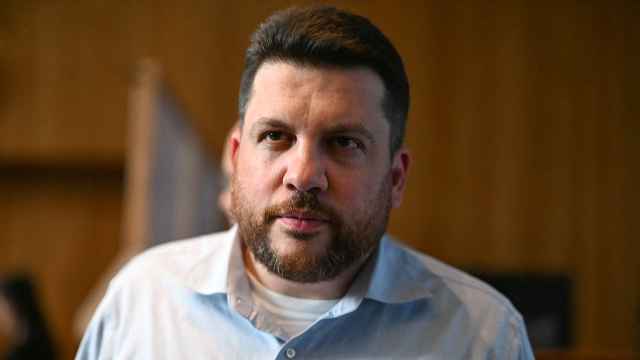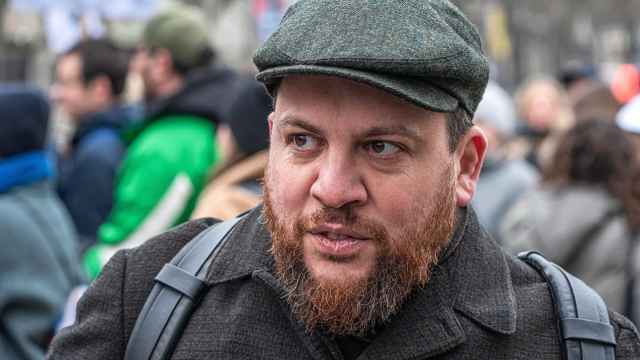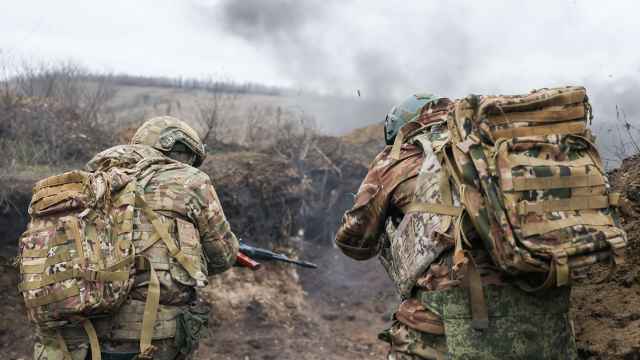The only thing that is truly predictable about the global economy is that we are entering uncharted territory. With tectonic changes in play, it seems inevitable that the future, even the near future, will hold unpredictable developments that could have a dramatic impact on both tactics and strategies of business.
Of course, it makes sense to attempt to forecast the scenarios and their respective impacts on business plans, but it is equally important to remain flexible, build teamwork and be prepared to react rapidly and decisively. Those who are able to negotiate the coming rapids will be able to position themselves well with customers, suppliers and the competition.
As a new period is approaching, it is important to remember that the past may not be a predictor of the future. This mindset shift must be fully accepted, as otherwise there will be holdouts who cling to their old realities and move into denial as the crisis unfolds. It is important that this be communicated in a way that is clear but that does not engender panic. Calm, clear leadership is critical.
A crisis team should be assembled. Rules of the road should be clear from the outset, all will benefit from success. There is no room for silos, and all members of the team should buy into the common goals.
The team should then create an inventory of potential risks to the business. Keep this exercise as clear as possible. In these situations, it is not the obvious risks that necessarily create the greatest threats. It is important to realize that this is not business as usual.
Once established, the risks should be categorized by their timeline and potential impact. This is triage, limited resources need to deployed against the most urgent and threatening risks.
A common reaction at the early stages of the crisis is hope triumphing over fact, with management slow to accept the new environment and develop an appropriate response. The ability to absorb new information, develop and execute an action plan and quickly cycle through the impact of new developments will separate the winners from the losers.
Stuart Lawson, executive director at Ernst & Young, is a lecturer at the Skolkovo School of Management.
A Message from The Moscow Times:
Dear readers,
We are facing unprecedented challenges. Russia's Prosecutor General's Office has designated The Moscow Times as an "undesirable" organization, criminalizing our work and putting our staff at risk of prosecution. This follows our earlier unjust labeling as a "foreign agent."
These actions are direct attempts to silence independent journalism in Russia. The authorities claim our work "discredits the decisions of the Russian leadership." We see things differently: we strive to provide accurate, unbiased reporting on Russia.
We, the journalists of The Moscow Times, refuse to be silenced. But to continue our work, we need your help.
Your support, no matter how small, makes a world of difference. If you can, please support us monthly starting from just $2. It's quick to set up, and every contribution makes a significant impact.
By supporting The Moscow Times, you're defending open, independent journalism in the face of repression. Thank you for standing with us.
Remind me later.





